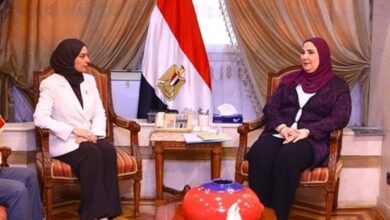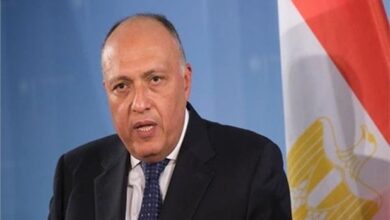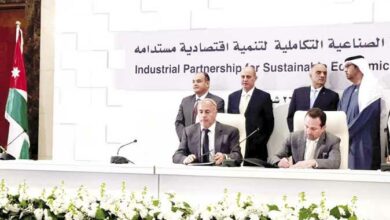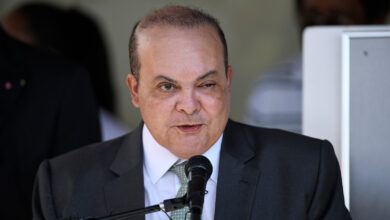Dubai — Bahrain's crown prince said he was committed to reform but warned there would be "no leniency" for those who tried to divide the kingdom, where weeks of protests were quashed by a fierce security crackdown.
Sheikh Salman bin Hamad al-Khalifa, seen as a moderate reformer in the royal family, said on Bahraini television Thursday night the Gulf island kingdom was committed to reform but said the unrest following weeks of demonstrations had escalated to the point that security forces had to step in.
"In this significant moment in the development of our country, I will continue…to be firm on the principle that there can be no leniency with anyone who seeks to split our society into two halves," he said.
In March, Bahrain's Sunni rulers announced martial law, deployed security forces and called in troops from neighboring Sunni-led Gulf Arab countries, including Saudi Arabia, to break up pro-democracy protests led mostly by Shias. The move stunned the majority Shia population and angered non-Arab Shia power Iran, just across Gulf waters.
Since the crackdown, members of leading Shia opposition group Wefaq and many Shia residents have complained of dozens of disappearances at checkpoints which have been set up around capital Manama and are manned by forces in balaclava face masks.
They say hundreds of people, including politicians, activists and doctors sympathetic to protests, were arrested and several hundred workers, mostly Shias, have been sacked.
Analysts and political sources say Sheikh Salman lost a battle with hardliners in his own family to try to take time to launch talks with the opposition instead of using military force, and that hardliners from both the ruling family and the opposition have now drowned out more moderate voices.
In his Thursday speech, the crown prince said he was still committed to reform.
"I will not spare any effort to in participating…to the progress of this reform."
Shias, who make up at least 60 percent of the population, have long complained of discrimination when competing for jobs and services. They are demanding better representation and a constitutional monarchy, but radicals calling for an overthrow of the monarchy alarmed the Sunni minority.
On Friday, Human Rights Watch denounced what it called arbitrary detentions and said freed detainees interviewed reported incidents of beatings and abuse. The US-based rights group called on the government to report and give a reason for all detentions.
"Emergency Law does not provide authorities a free hand to trample basic human rights," said Joe Stork, the deputy Middle East director of Human Rights Watch.
"Bahrain has created a state of fear, not a state of safety."




